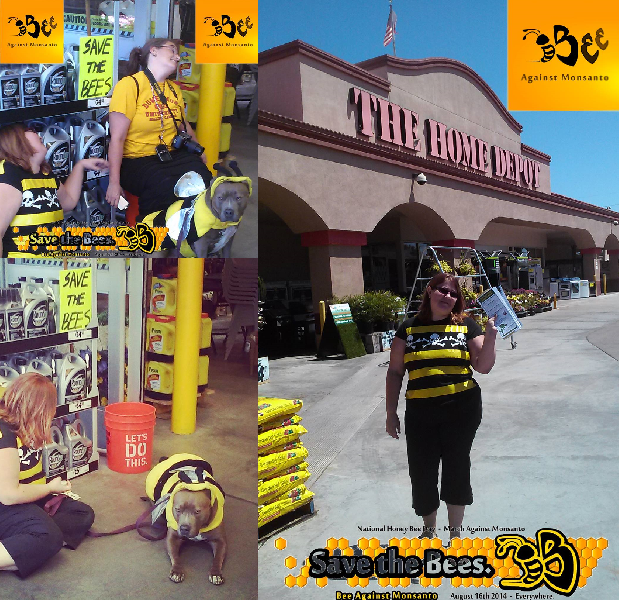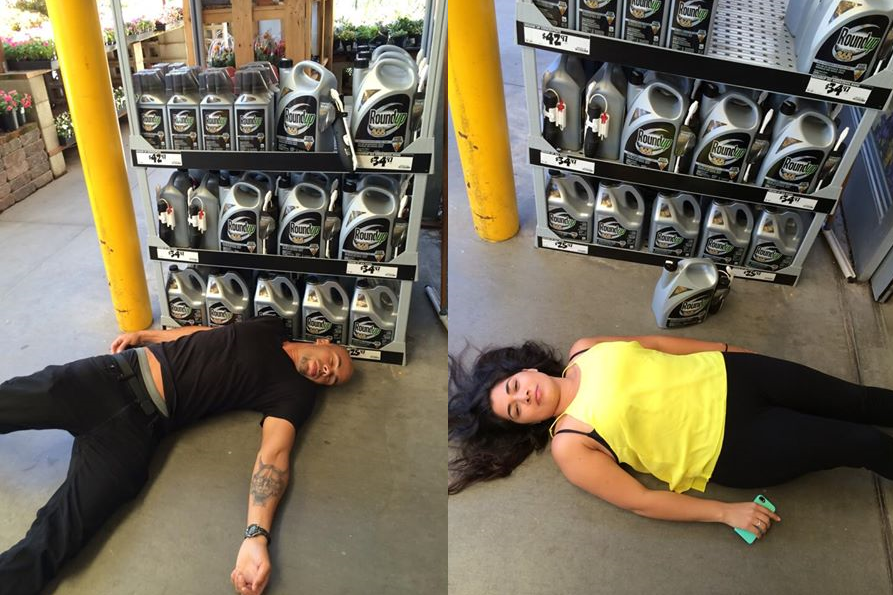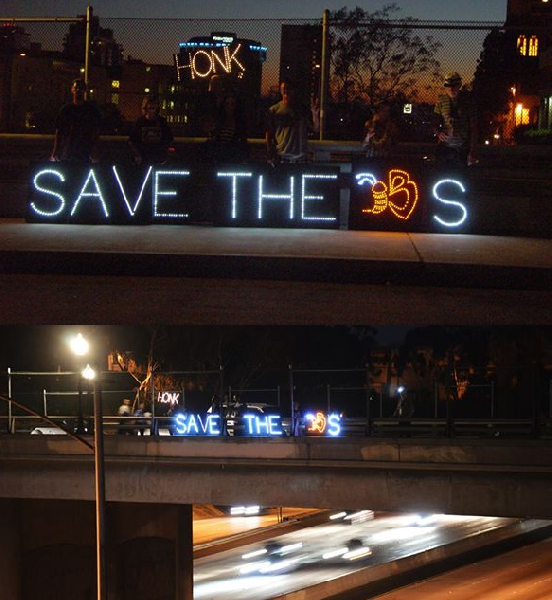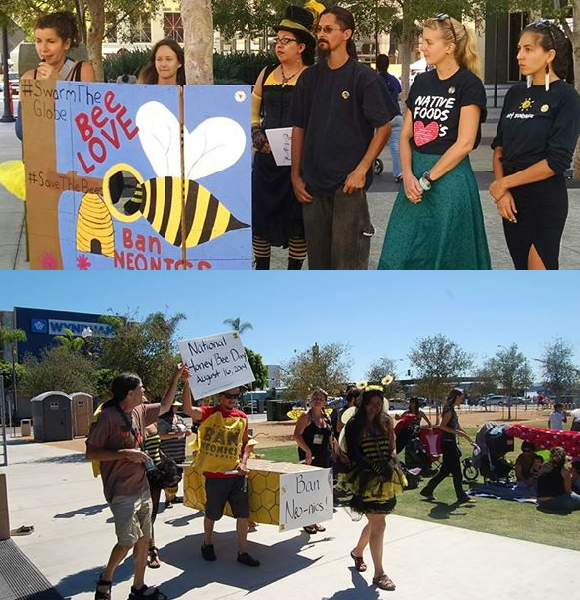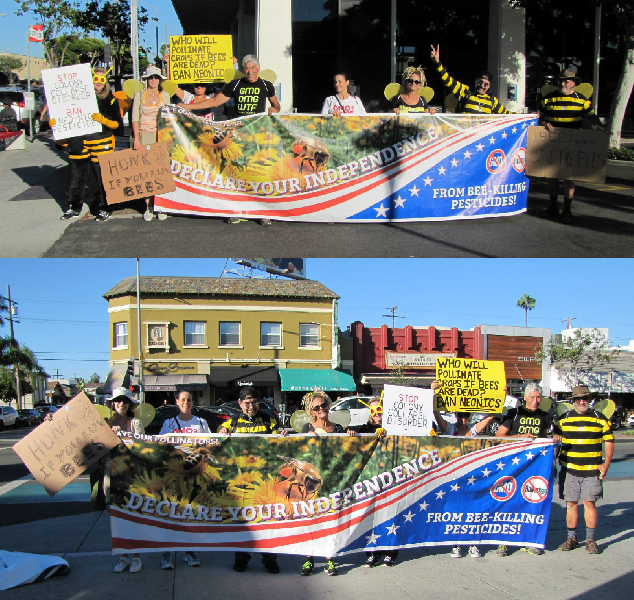| About Us | Contact Us | Calendar | Publish | RSS |
|---|
|
Features • latest news • best of news • syndication • commentary Feature Categories IMC Network:
Original Citieswww.indymedia.org africa: ambazonia canarias estrecho / madiaq kenya nigeria south africa canada: hamilton london, ontario maritimes montreal ontario ottawa quebec thunder bay vancouver victoria windsor winnipeg east asia: burma jakarta japan korea manila qc europe: abruzzo alacant andorra antwerpen armenia athens austria barcelona belarus belgium belgrade bristol brussels bulgaria calabria croatia cyprus emilia-romagna estrecho / madiaq euskal herria galiza germany grenoble hungary ireland istanbul italy la plana liege liguria lille linksunten lombardia london madrid malta marseille nantes napoli netherlands nice northern england norway oost-vlaanderen paris/Île-de-france patras piemonte poland portugal roma romania russia saint-petersburg scotland sverige switzerland thessaloniki torun toscana toulouse ukraine united kingdom valencia latin america: argentina bolivia chiapas chile chile sur cmi brasil colombia ecuador mexico peru puerto rico qollasuyu rosario santiago tijuana uruguay valparaiso venezuela venezuela oceania: adelaide aotearoa brisbane burma darwin jakarta manila melbourne perth qc sydney south asia: india mumbai united states: arizona arkansas asheville atlanta austin baltimore big muddy binghamton boston buffalo charlottesville chicago cleveland colorado columbus dc hawaii houston hudson mohawk kansas city la madison maine miami michigan milwaukee minneapolis/st. paul new hampshire new jersey new mexico new orleans north carolina north texas nyc oklahoma philadelphia pittsburgh portland richmond rochester rogue valley saint louis san diego san francisco san francisco bay area santa barbara santa cruz, ca sarasota seattle tampa bay tennessee urbana-champaign vermont western mass worcester west asia: armenia beirut israel palestine process: fbi/legal updates mailing lists process & imc docs tech volunteer projects: print radio satellite tv video regions: oceania united states topics: biotechSurviving Citieswww.indymedia.org africa: canada: quebec east asia: japan europe: athens barcelona belgium bristol brussels cyprus germany grenoble ireland istanbul lille linksunten nantes netherlands norway portugal united kingdom latin america: argentina cmi brasil rosario oceania: aotearoa united states: austin big muddy binghamton boston chicago columbus la michigan nyc portland rochester saint louis san diego san francisco bay area santa cruz, ca tennessee urbana-champaign worcester west asia: palestine process: fbi/legal updates process & imc docs projects: radio satellite tv |
printable version
- js reader version
- view hidden posts
- tags and related articles
View article without comments Southern California Swarms to Save the Bees in Solidarity with Honey Bee Day Around the Glby Occupy Los Angeles OWS Sunday, Aug. 17, 2014 at 5:30 AMLos Angeles joins “Bee Against Monsanto” to #SwarmTheGlobe #SaveTheBees to bring awareness to the importance of the bee, the dangers of pesticides, and the continuing threat of Colony Collapse Disorder to the bee population and our food supply.
INGLEWOOD, CA – Dressed as bees, several people collapsed on the floor of pesticide aisle at Home Depot on S La Cienega Blvd this Saturday morning.
Aside from the theatrics, the activists cheerfully announced to shoppers and staff alike, “today is International Honey Bee Day! Join the fight to Save the Bees!” and handed out pamphlets titled “The Plight of the Honeybee” linking the collapse of 40% of honey bee colonies in the last decade in the United States to the use of insecticidal seed treatment in genetically engineered (GE or GMO) crops. Bees pollinate a significant majority of the world’s food. Of the 100 crop species that provide 90% of the world’s food, 71 are pollinated by bees, according to the Organic Consumers Association. In North America, honey bees pollinate nearly 95 kinds of fruits, including almonds, avocados, cranberries, and apples. “One out of every 3 bites is pollinated by bees,” explained one activist, “so we are here to bring awareness to the importance of the bee, the dangers of pesticides, and the continuing threat of Colony Collapse Disorder to the bee population and our food supply.” Consumers are concerned about chemical pesticides contributing to massive bee die-offs and Colony Collapse Disorder (CCD), which is leads to the collapse of normally healthy hives when bees’ immune systems are weakened by the use of neonicotinoid insecticides (or neonics). Home Depot, Lowes, and Walmart all sell plants and potting soil that have been treated with neonics, as well as toxic pesticides such as the herbicide Roundup (containing glyphosate). In San Diego, Bee Against Monsanto called a press conference on Friday, August 15th outside NBC studios asking the city to ban neonicotinoids, followed by a showing of the film “More Than Honey” and a community dinner. The San Diego Overpass Light Brigade joined the call to action on the evening of Saturday, August 16th with a message in lighted letters: "IF BEES DIE WE DIE" on the Sixth Avenue overpass of Interstate 5. Occupy Long Beach and Bee Against Monsanto took the streets along E 2nd St. in Long Beach with a gigantic banner reading “Declare Your Independence From Bee-Killing Pesticides!” and additional information about the importance of pollinators in our food supply. Activists at all events encouraged others to ask friends, family and neighbors to stop spraying neonicotinoids and other dangerous systemics in their yards and gardens, add pollinator plants to attract bees, and local city councils to keep our parks and public spaces toxin-free and bee-friendly. Additional Sources: “Honey Bee Health & Colony Collapse Disorder,” Organic Consumers Association. http://www.organicconsumers.org/bees.cfm
Report this post as:
Global Swam to Save The Bees in Inglewood, CA for International Honey Bee Dayby Occupy Los Angeles OWS Sunday, Aug. 17, 2014 at 5:30 AM
Dressed as bees, several people collapsed on the floor of pesticide aisle at Home Depot on S La Cienega Blvd this Saturday morning. Aside from the theatrics, the activists cheerfully announced to shoppers and staff alike, “today is International Honey Bee Day! Join the fight to Save the Bees!” and handed out pamphlets entitled “The Plight of the Honeybee” linking the collapse of 40% of honey bee colonies in the last decade in the United States to the use of insecticidal seed treatment in genetically engineered (GE or GMO) crops.
Report this post as:
Overpass Light Brigade, San Diego Joins the Global Swam to Save the Beesby Occupy Los Angeles OWS Sunday, Aug. 17, 2014 at 5:30 AM
Save the Bees!
Report this post as:
San Diego Bee Against Monsanto Press Conferenceby Occupy Los Angeles OWS Sunday, Aug. 17, 2014 at 5:30 AM
In San Diego, Bee Against Monsanto called a press conference on Friday, August 15th outside NBC studios asking the city to ban neonicotinoids, followed by a showing of the film “More Than Honey” and a community dinner. The San Diego Overpass Light Brigade joined the call to action on the evening of Saturday, August 16th with a message in lighted letters: "IF BEES DIE WE DIE" on the Sixth Avenue overpass of Interstate 5.
Report this post as:
Long Beach Swam to #SaveTheBeesby Occupy Los Angeles OWS Sunday, Aug. 17, 2014 at 5:30 AM
Occupy Long Beach and Bee Against Monsanto took the streets along E 2nd St. in Long Beach with a gigantic banner reading “Declare Your Independence From Bee-Killing Pesticides!” and additional information about the importance of pollinators in our food supply.
Report this post as:
Glyphosate is not a neonicby nobody Sunday, Aug. 17, 2014 at 1:39 PMHow did they get into this protest? It's not even an insecticide. It's an herbicide. It interferes with plant growth.
You need to keep this stuff targeted or it'll look too random. Also, I don't know the effects of permethrin on bees, but that stuff is everywhere nowadays, and very effective against other insects.
Report this post as:
|



